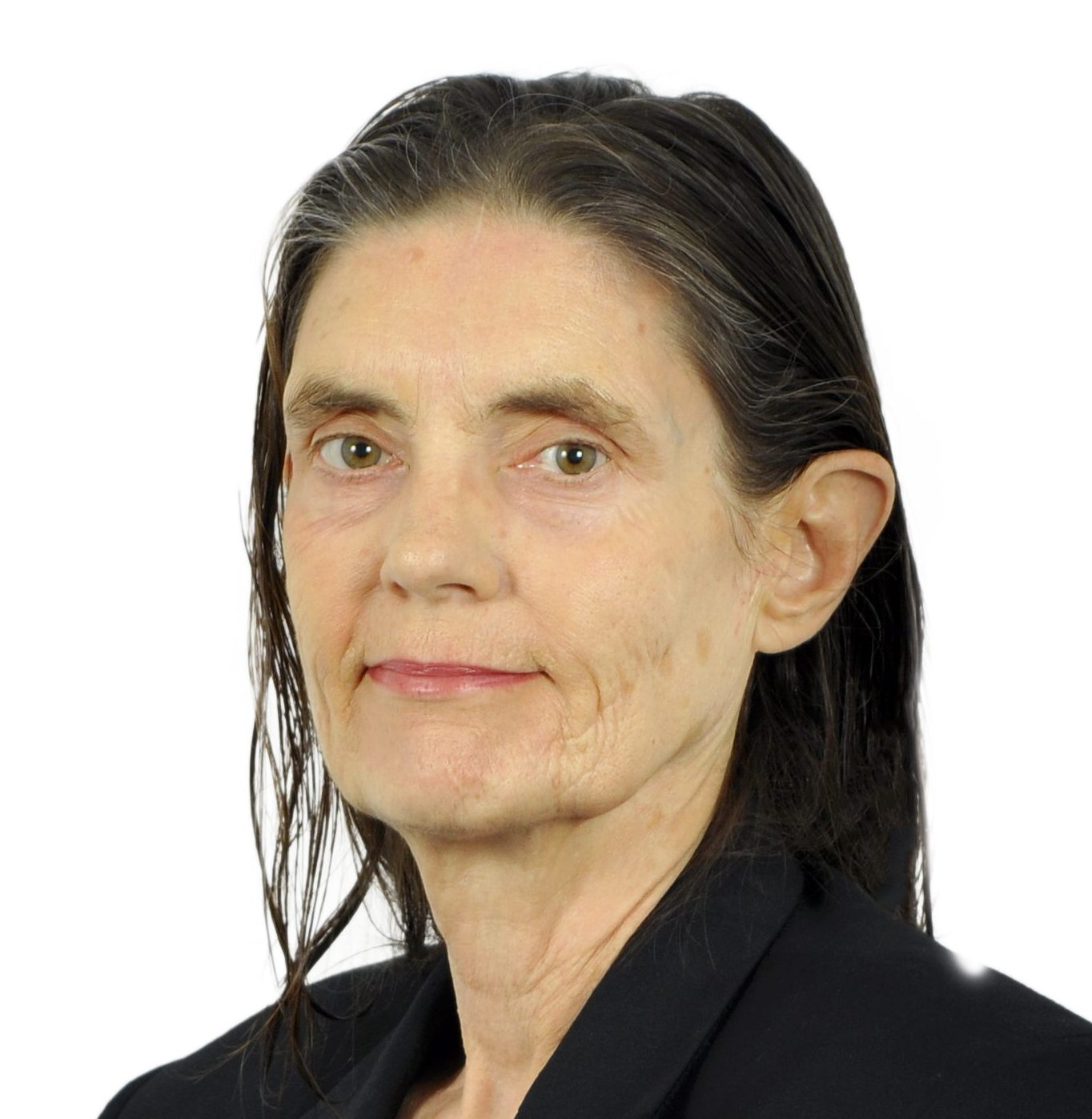Featured Topics
Featured Products
Events
S&P Global Offerings
Featured Topics
Featured Products
Events
S&P Global Offerings
Featured Topics
Featured Products
Events
S&P Global Offerings
Featured Topics
Featured Products
Events
Our Methodology
Methodology & Participation
Reference Tools
S&P Global
S&P Global Offerings
S&P Global
Our Methodology
Methodology & Participation
Reference Tools
S&P Global
S&P Global Offerings
S&P Global
14 Feb 2024 | 09:38 UTC
Highlights
To be maintenance free for four years
Processing medium sour grades
Global octane shortage
Oman's Duqm refinery which is already producing at capacity of 230,000 b/d will add another 5%-10% of output in 2024 and is considering an upgrade of its naphtha production for use in gasoline, the company's CEO David Bird told S&P Global Commodity Insights in Dubai on Feb. 13.
The Duqm Refinery & Petrochemical Co., which is owned equally by Oman and Kuwait, last week marked its official inauguration with rulers from both countries meeting to celebrate after six years of development. The 230,000 b/d refinery is designed to process crudes from the "bottom of the barrel" into high-margin middle distillates including LPG, naphtha, jet fuel and diesel, and to be maintenance free for four years, Bird said.
"We should be able to get an extra 5%-10% of production just by pushing it, so we are very optimistic on that. It is a game of utilization. Then there is growth. We have to earn our right to grow," Bird said.
Duqm is part of what Bird considers the beginning of a "golden age of refining" as new modern and efficient plants come online to meet the supply left by decades-old refineries being shut all over the world, including the UK, Germany, the US and Australia.
"I applaud our shareholders for their willingness to invest in a fuels refinery which is arguably the most modern, the most efficient, the most automated refinery in the world," Bird said. "Whatever you think about the outlook for fuels, we all agree they will make up a significant portion of the energy mix for decades to come."
The petrochemicals use for naphtha is also a growing market, as plastics are considered for use in the energy transition to produce lighter-weight airplanes and vehicles, Bird said.
For now, due to a supply and offtake agreement with Omani and Kuwait shareholders, the refinery is focused on processing medium sour grades, including Kuwait Export Crude and Omani Export Blend, and later heavy sour crudes, Bird added.
The crude is shipped in both from Kuwait and from Oman's Muscat port, Bird said, adding: "The effect of not being on the end of a pipeline provides us with a huge opportunity to open up our crude slate and really leverage our basis of design."
The biggest product sold so far is diesel, Bird said, with Europe "definitely" a target. "Right now, we are a fully export refinery and we will go wherever the highest margin market presents itself," he said.
Those markets now include Asia, India, Sri Lanka and "the most exciting" has been East Africa. "Together with our shareholders trading arms, OQT and KPC, we are perfectly positioned to target those markets," Bird said.
Kuwait's Al-Zour refinery, which recently marked its maximum capacity of 615,000 b/d, is not considered a competitor, Bird said. "We see ourselves as part of a broader ecosystem. I have yet to see whether my conversion units can be fully utilized by the crudes we run. So, if they are not fully utilized, we will be looking at bringing in direct feedstock to those conversion units and that could be fuel oil from Kuwait for example. They make a lot of low sulfur fuel oil."
Expanding capacity is not only production but in diversifying the products offered, Bird said.
Duqm is considering upgrading its naphtha product as a petrochemical feedstock to serve the gasoline market through reformate which gets blended into gasoline, Bird said, noting there is a global shortage of octane and using naphtha to blend into gasoline could be a way to fill that octane shortage. Flexibility in the product line may also ultimately include exploring green hydrogen.
Duqm was always planned to be a phased-in investment, with petrochemicals production next on the drawing board. Saudi Arabia, Kuwait and Oman have been discussing a petrochemicals joint venture for several years, and a final investment decision is yet to be made, according to Bird. The feedstock for the petrochemicals project if it goes ahead would come from the refinery's LPG and naphtha output and from Oman's natural gas liquids, Bird said.
